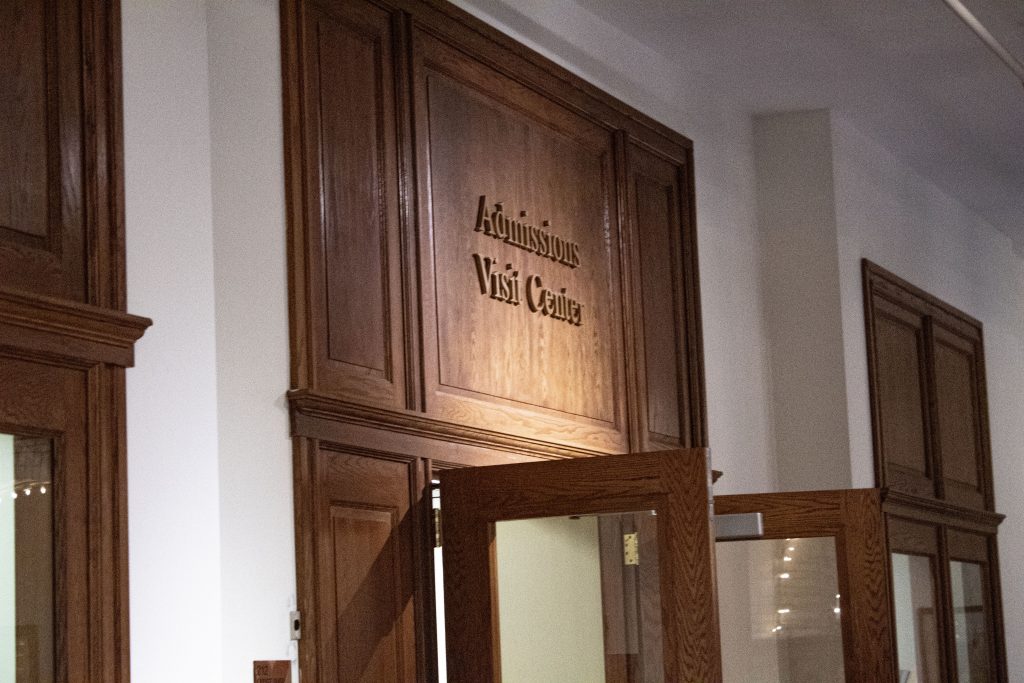
Transfer students coming to Drexel University experience a unique transition compared to traditional first-time college students. As they enroll in Drexel for a variety of reasons besides wanting to complete their degrees here, transfer students must adjust the way they are learning, studying and balancing time to meet others within the quarter-system.
Students often transfer to Drexel wanting to change their learning environment because the university they started at was not the best for their needs.
Kimberly Chen, a senior health sciences and psychology major who transferred from Jefferson University in the fall of 2021, said, “The reason why it didn’t sit well for me is personally… because I’m used to going to schools that have bigger populations of students, more diversity and more extra-curricular activities because even in high school I was involved in a lot of organizations, so I thought, ‘It was time to transfer’ because I didn’t really fit in.”
Others who already earned a degree or certification wanted to further their higher education experiences and saw that Drexel had the resources to do so.
“I did graduate with my associates [and] I love CCP, I’m a huge advocate for it, and I think it helped bridge my love of learning again,” says Erica Alston, a third-year environmental engineering major who transferred from Community College of Philadelphia in the fall of 2023. “Here it’s bigger, and there’s more people with the same interests as me [as well as] more clubs, which is the biggest difference.”
Some also want a school that better fits their financial needs, depending on their family background.
“If you are a minority and you are low-income, Drexel is going to give you a bunch of money,” said Ani Chonta, a fourth-year mathematics and economics major who transferred from multiple colleges in the fall of 2021, her last transferred credit being from Pontifical Catholic University of Peru.
“People say Drexel is so expensive. Yeah, it is, it’s expensive for those who don’t come from a low economic background,” Chonta said.
Getting into Drexel is the same as for any other first-time undergraduate student: All they need to do is submit an essay and a transcript.
However, the transition from a semester system to Drexel’s quarter system is more complicated.
As an entirely different form of learning, Alston adds, “It’s definitely not more material-wise, but to cram everything within ten weeks makes it more rigorous.”
Given the campus size, students often need help adjusting from small to large classrooms.
“Here, because it’s so big, you could get easily lost,” Chonda adds. “The professor doesn’t always have a connection with the students because they just have a lot of students and other classes too.”
Aside from the hardships of getting in and adjusting to Drexel as a transfer student, the process is gratifying when transfer students begin to embrace Drexel’s welcoming environment, unique academic system and supportive programs.
“If you know that Drexel’s community is one you want to be a part of, then go for it; don’t be afraid because everyone here is really accepting, and you get to meet all types of people from different backgrounds, but if you’re very hesitant because you don’t know what you are doing, I would take a step back and reevaluate what your pros and cons and what you prefer as a student,” said Chen.

